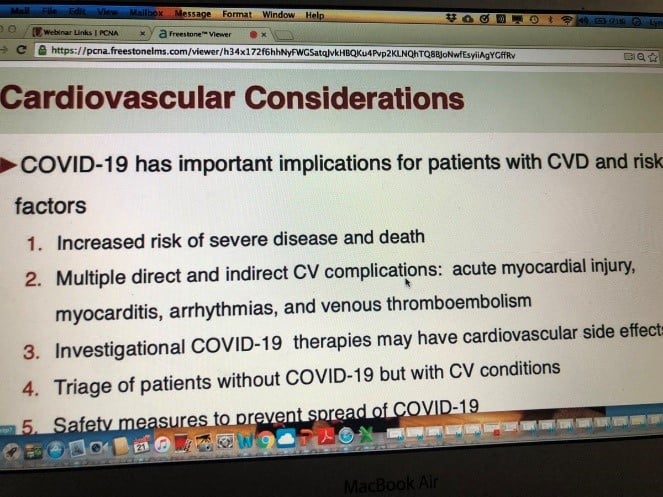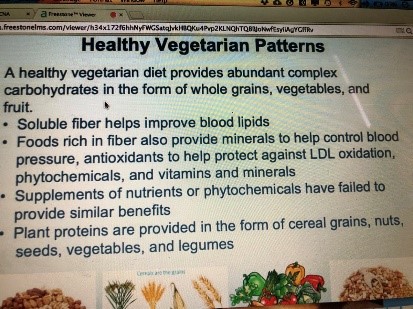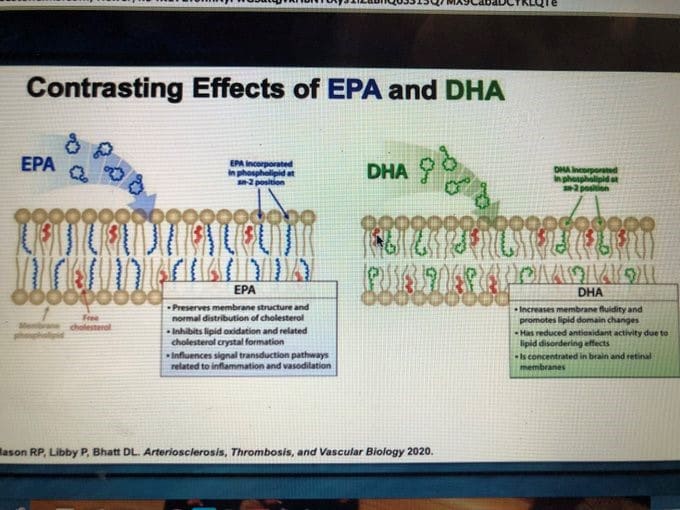Highlights from the Virtual Cardiovascular Nursing Symposium
Our attendees took to Twitter to share some of the most interesting takeaways from our Virtual Cardiovascular Nursing Symposium. Here are some of their top tweets.
Review of COVID 19: Epidemiology and Cardiovascular Considerations
Diana Baptiste, DNP, MSN, RN, CNE @BaptisteDiana
“Nurses, our collective voices must be heard through advocacy for public health policy that promotes health equity”- @ycommodore @HeartNurses #PCNA2020 @CDH_JHU

Lynne Braun, PhD @braun_lynne
Cardiovascular considerations in #COVIDー19 @ycommodore #PCNA20 @HeartNurses

1. Increased risk of severe disease and death
2. Multiple direct and indirect CV complications
3. Investigational COVID-19 therapies may have CV side effects
4. Triage patients without COVID-19 but with CV conditions
5. Safety measures to prevent spread of COVID-19
Lynne Braun, PhD @braun_lynne
#COVIDー19 brings to light US disparities @ycommodore #PCNA20 @HeartNurses @NMHheartdoc

Optimal Nutrition for Cardiovascular Risk Reduction: What should we eat now?
Lynne Braun, PhD @braun_lynne
Dr Catherine Christie: Common denominators of healthy diet 1) focus on plant foods 2) caloric restriction #PCNA20 @HeartNurses
Lynne Braun, PhD @braun_lynne
Healthy vegetarian patterns #PCNA20 @HeartNurses

– Soluble fiber helps improve blood lipids
– Food rich in fiber also provide minerals to help control blood pressure, antioxidants to help protect against LDL oxidation, phytochemicals, and vitamins and minerals
– Supplements of nutrients or phytochemicals have failed to provide similar benefits
– Plant proteins are provided in the form of cereal grains, nuts, seeds, vegetables and legumes
Susan Halli Demeter@SusanHD @SusanHD3
How to approach a conversation w/your patient re: keto diet. @HeartNurses

– Personal preference should be considered when discussing weight loss diets
– Discuss risks and benefits of the diet and the need for medical oversight before startings
– Limit use of a very low carbohydrate to 2-6 months induce weight loss
– Conduct baseline and follow-up lipid and lipoprotein assessments
– Monitor glycemic control and adjust diabetes medications as needed
Lipid Management in 2020: The Role of Non-Statin Therapies
Lynne Braun, PhD @braun_lynne
Contrasting effects of EPA and DHA @SusanHD3 #PCNA20 @HeartNurses

Lynne Braun, PhD @braun_lynne
Reduce-IT Revasc @SusanHD3 #PCNA20 @HeartNurses

Lynne Braun, PhD @braun_lynne
Thank you @SusanHD3 for including the critical clinician-patient discussion in your nonstatin therapy talk at #PCNA20 @HeartNurses @nstonedoc

Sex Differences in Prevention and Management of Heart Failure
Yvonne Commodore-Mensah, PhD, MHS, RN @ycommodore
